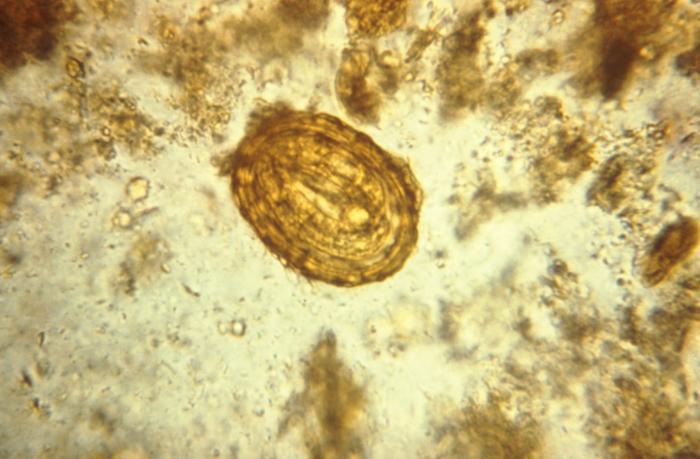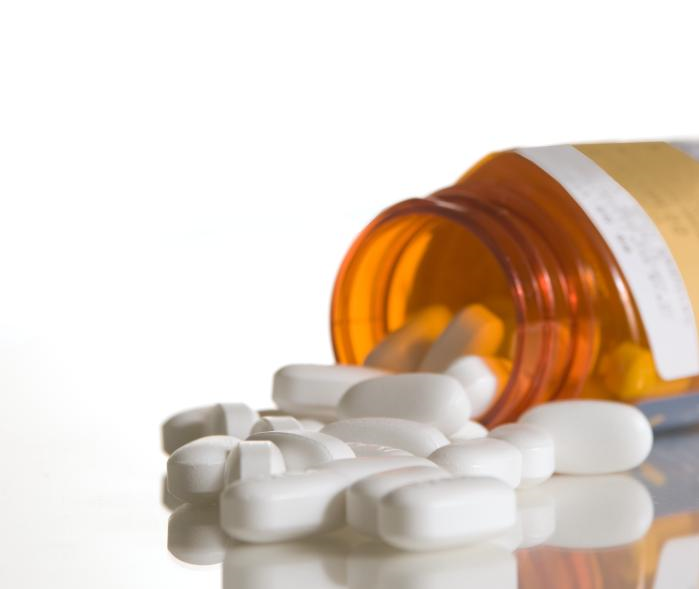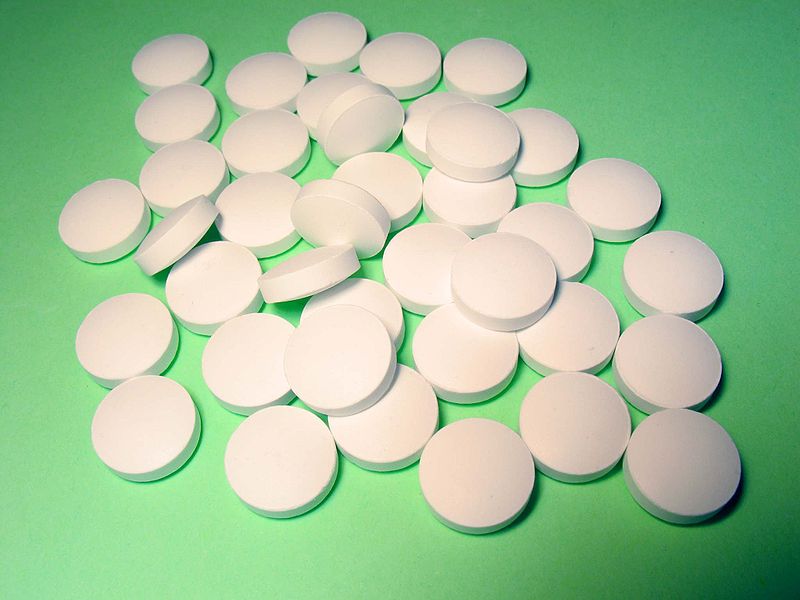Mannitol is the most commonly used osmotic diuretic.
It is given I/V and not orally as it might produce diarrhea. To be osmotically active it must have some properties:
- Freely filtered from glomerulus
- Should not be reabsorbed
- Pharmacologically inert
Mannitol acts by physical property. It increases osmotic pressure and does not interfere with chemical processes.
Mechanism of Action
- Act throughout nephron, PCT mostly and thin descending limb.
- Reaches the site of action by tubular secretion
- Within the nephron increase osmolarity. Net movement of water out is impeded.
- First increase osmolarity of vascular compartment, extracting water out from other compartments. Blood volume increases, while viscosity decreases. This increases renal blood flow, with greater washout of NaCl and urea. The hypertonicity of interstitium is decreased.
More water is excreted. Ions are still excreted but is very handy when greater water diuresis is required.
Indications
Raised Intracranial Pressure
It is common after head injury, brain tumors and in meningitis. To reduce the pressure, mannitol can be given I/V in the form of infusion. Initially it increases the osmolarity of vascular compartment, extracting out water from CSF.
Raised Intraocular Pressure
In glaucoma, to stabilize the patient before operation (angle closure glaucoma).
Increase Urine Volume
In acute tubular necrosis, secondary to pigment overload or muscle breakdown, hemoglobinurea or myoglobinurea, tubular casts can physically block the nephrons which become edematous. To flush out, osmotic diuretics are used. (produce pressure diuresis and reduce edema).
Dialysis disequilibrium syndrome
In peritoneal dialysis or hemodialysis, more solutes are lost decreasing the osmolarity and water from vascular compartment moves into intracellular spaces. Mannitol is used with diuretics to regain the balance.
Side Effects
1. Hyponatremia initially, as blood volume is increased.
When excess diuresis occurs, hyponatremia turns to hypernatremia.
2. Precipitation of CCF, if increased blood volume, it worsens.
 howMed Know Yourself
howMed Know Yourself




